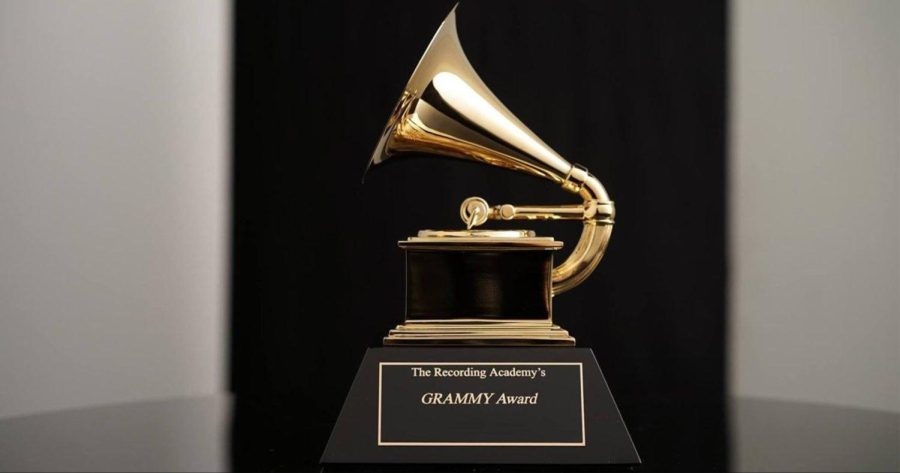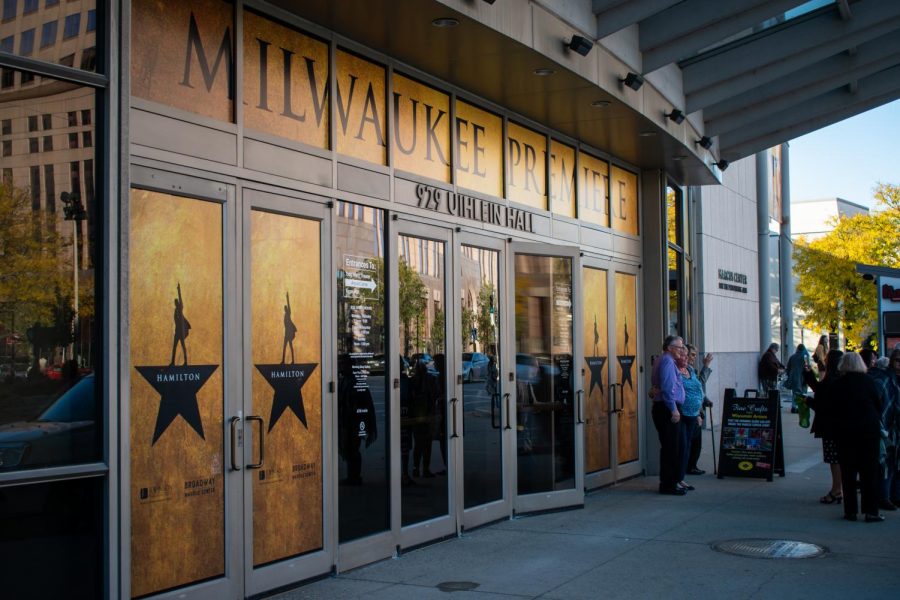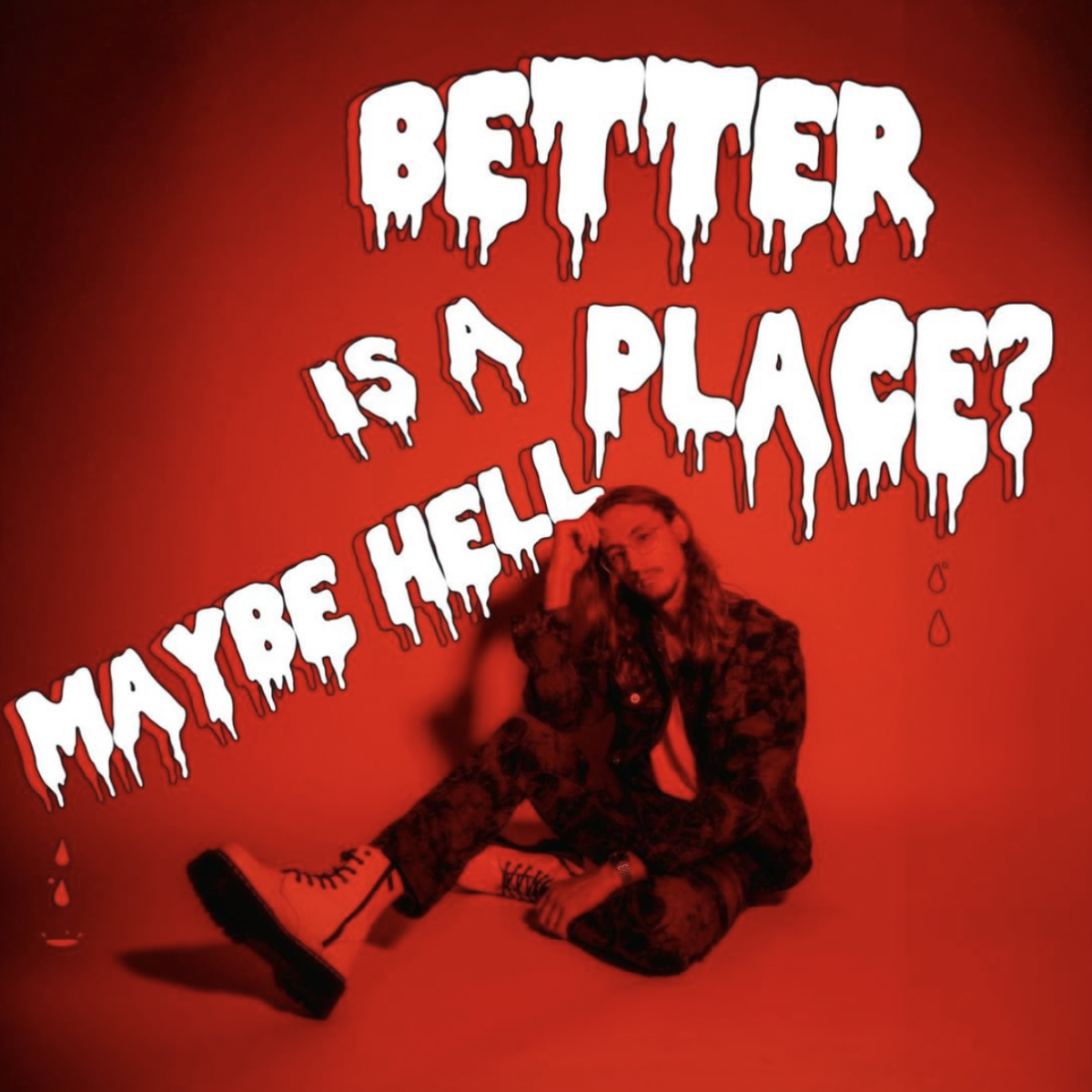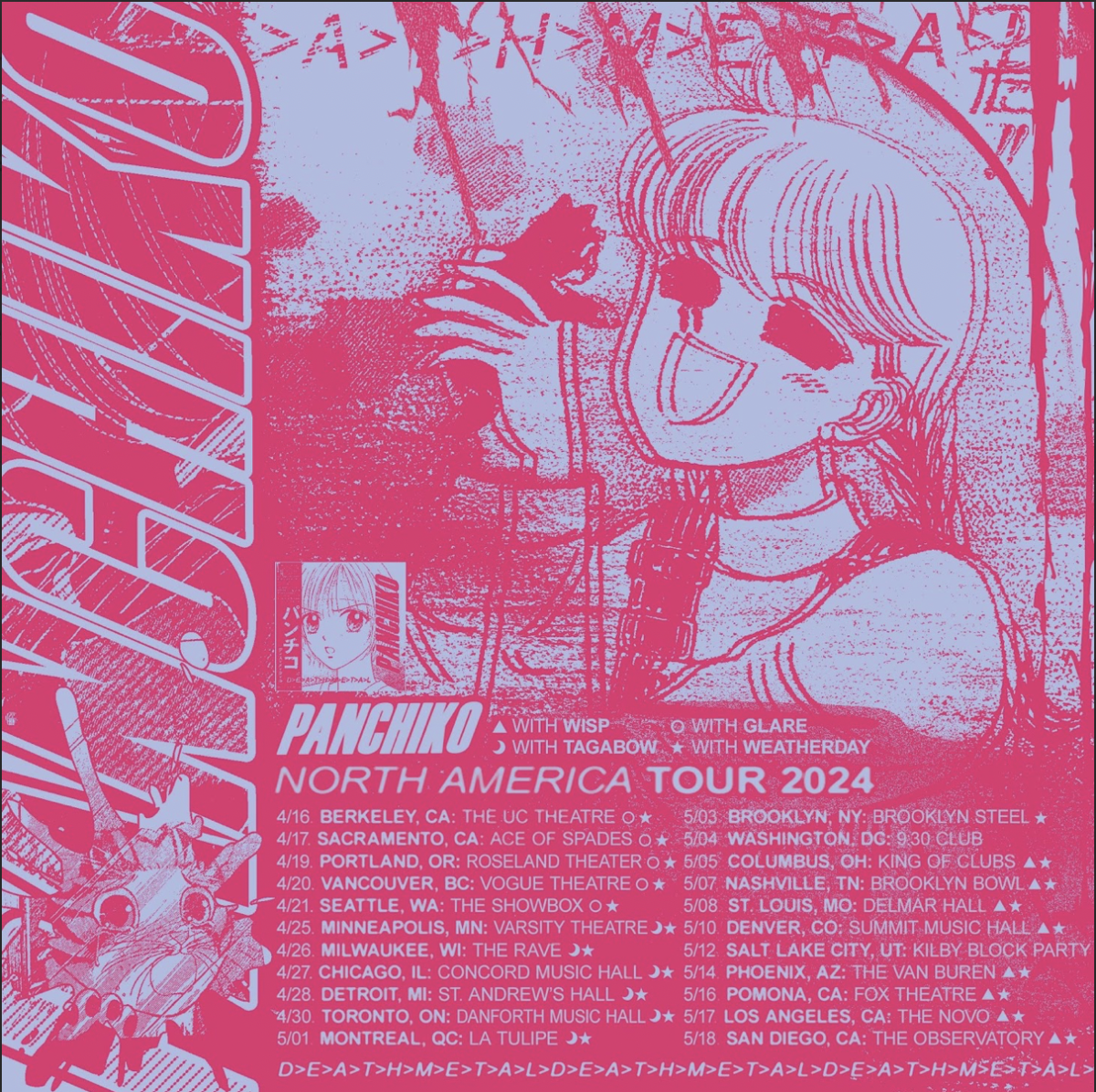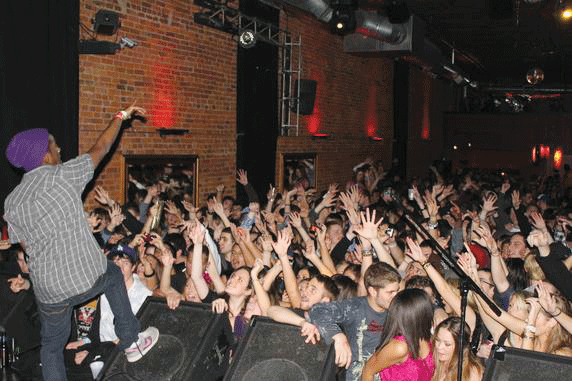
Hip-hop has always been known for the violence that happens within and outside the music. Dating all the way back to the rivalry between Tupac and Biggie in the 90s that eventually lead both rappers to an early demise.
You would think that after Hip-Hop legends like them were killed, rappers would do better to limit the violence that takes place outside of their music. But it hasn’t, and now it seems like rappers are starting to die out.
Hip-hop has always been critiqued for it’s glorification of drug use and violence. Often times, it’s revolved around the upbringings of rappers and how they got to where they are now. But, when those things are still an issue within the hip-hop community today, it brings up the question of when things are gonna change.
Recently, Philadelphia artist PnB Rock was killed during a robbery attempt on him in Los Angeles while he was out for lunch with his girlfriend. PnB’s death adds to the long list of rappers that have succumbed to the violence that is discussed in their music.
Since 2018, we’ve seen at least one rapper a year lose their life to gun violence. XXXTentacion, Nipsey Hussle, Pop Smoke, King Von and Young Dolph are just a few on the long list that we’ve seen killed in the past few years. That doesn’t even show the rappers who survived violence. Lil Tjay, a mutli-platinum rapper from New York, was shot seven times this past June.
Being a rapper has become so high risk that it has guys like Rod Wave saying being a rapper is “the most dangerous job in the world.” These people are entertainers. Their job is to provide their art to their fans. And yet, they have to constantly fear for their lives because they feel like a target — a feeling nobody should ever have to deal with.
The question then comes as to why hip-hop has become so violent in recent years. Some assume that rappers lyrics are a direct reflection of their lifestyle.
21 Savage, who is known for his lyrics regarding violence, was criticized after saying he wanted the violence to stop in his hometown of Atlanta. He responded to a fan on twitter criticizing him, saying, “A song is for entertainment it’s not an instruction manual on how to live life.”
While 21 Savage makes an important point about the lyrics, there still needs to be a split between rappers’ street life and their careers. Many rappers are known to have associations with gangs. While the things they rap about are their stories, oftentimes that street image comes back to haunt them.
But at the same time, it can be hard for rappers to leave behind that street life, especially when it’s made them who they are.
In his song, “I Got This“, NBA Youngboy said, “I don’t wanna live this way no more, you know? Like, I got people who just carry on with this sh*t because I got us into it.” It’s clear he doesn’t want to live this gangster lifestyle anymore, but it’s never simple enough to just walk away.
The hip-hop community also has to do a better job of addressing the violence within their culture.
The violence is such an elephant in the room that keeps getting entertained and doesn’t seem to get fixed. Rappers need to hold their peers accountable when it comes to the drama that they participate in. Look at the NBA Youngboy and Lil Durk dilemma and how it resulted in the death of King Von. Situations like this could be avoided so easily with accountability from their peers.
The world has lost a great amount of talent over the past few years. We’ve seen the lives of rappers who are supposed to grow old get their lives taken way too soon. Hip-hop is supposed to be a thing of beauty, but the past few years have shown us the ugly side of the culture. If this issue doesn’t come to a resolution, there may not be many rappers left in this culture.
This story was written by Rashad Alexander. He can be reached at [email protected].

